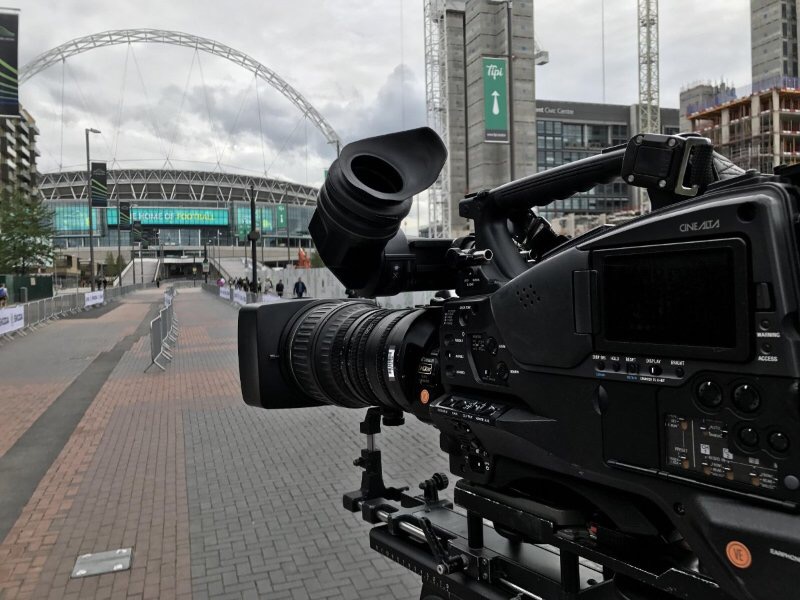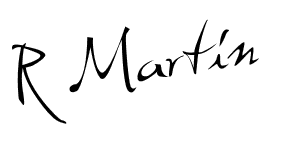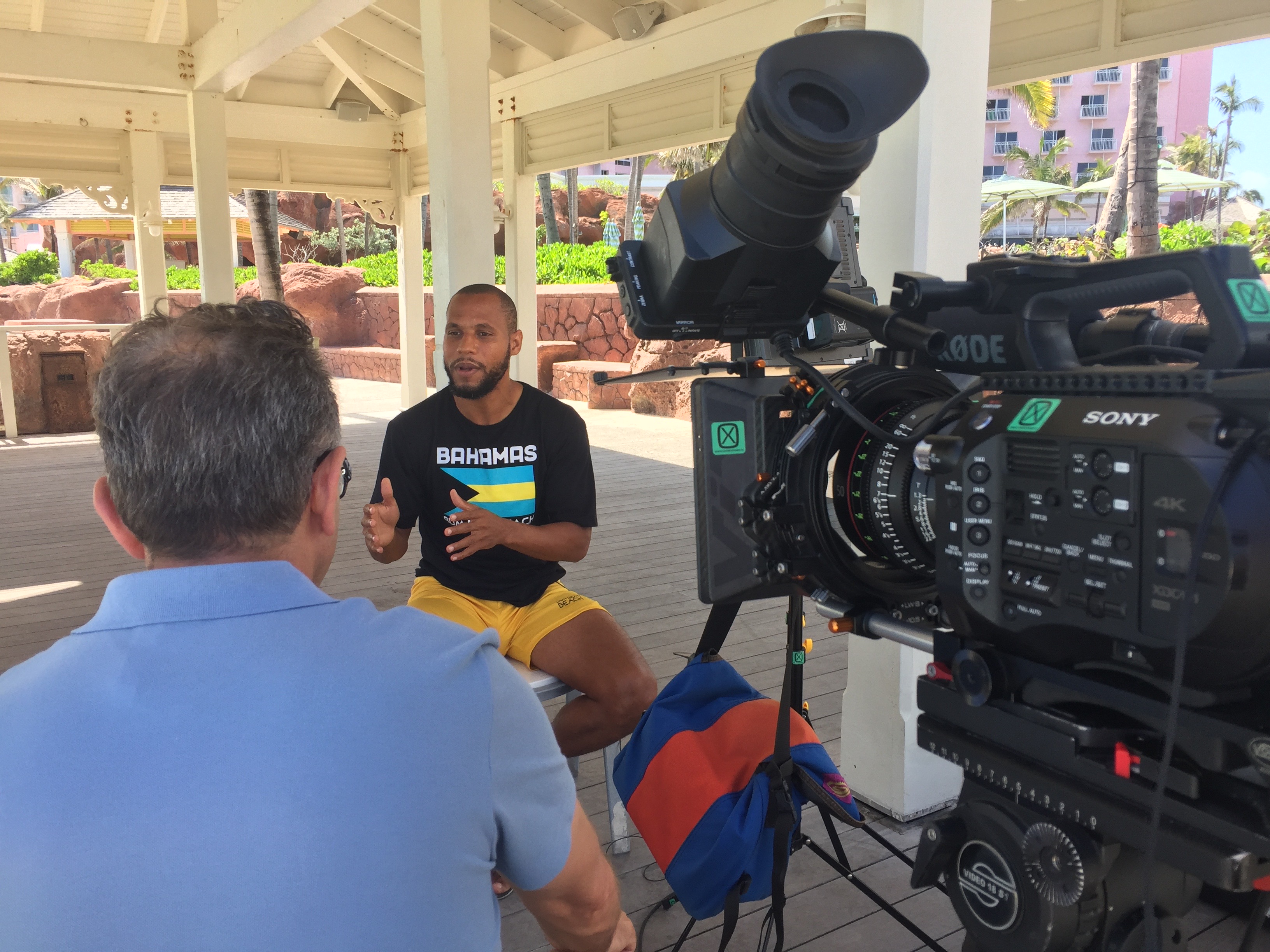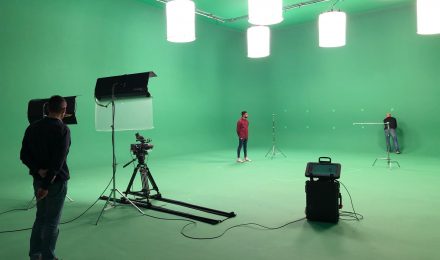6 Tips For Working As A Freelance Camera Operator in the TV and Film Industry
Working in the TV and film industry can be both rewarding and challenging. If you are interested in starting a career as a freelance camera operator or have already made baby steps along your career path, you will undoubtedly be looking for ways to improve your chances of steady work and getting along in the industry.
In the following post you will find some great tips gleaned from working in the industry.
Be Actively Involved In Projects
Though in the beginning you may feel that you have to take on all work that comes your way, you will quickly learn that you can’t do your job properly if you don’t understand the subject matter or are not interested in it. Therefore, it is important to get a handle on what the film-makers, regardless of what it is, are trying to achieve with the project.
Getting involved means more than just the above though, make yourself available and an active member of a crew by offering suggestions that might make it easier for them to achieve their goals.
Offer Up Solutions To Problems
Following on from the above, whether it is a one-off project you are working on or something more long-term, as a freelancer camera operator you should try to make yourself an actively involved member of the team. Even if suggestions and solutions you offer up are ignored, don’t get upset and just do what you can to help the team complete a task – especially on those days when everyone is a little too tired and too hungry and just want to go home.
Sometimes You Are Wrong – Accept That
No-one really likes admitting they are wrong, do they? Especially when it concerns their skill or experience. However, there are times when you need to accept that you are wrong. As noted above, it’s good to make suggestions, but if you are working for a director or client with a specific vision in mind, and you think you know a better way of doing it – it doesn’t mean you are right. Sometimes you aren’t and you need to learn to put the ego to the side and just accept it.
Actively Listen
Listening is important, more than just hearing. In the world of TV and film, details are always key and it can make all the difference to the success of a project, if you listen attentively during production meetings. Failure to listen to a client or director, could mean that you just do your own thing and end up with work that is not only something different to what was required, but something inferior too.
Communicate Effectively
If a lot of these tips merge together nicely, this is deliberate. Communication is key. Whether it is with your superiors, such as a client, director or even producer or people that are helping you out – there needs to be a clear understanding of what is required from everyone.
Look after your Equipment
This is a bit of a no-brainer really. If you’re a freelance camera operator you need to look after your equipment. Not only is this important as it is expensive to replace cameras and accessories, but poorly maintained equipment will not produce as good work as gear that is looked after.





